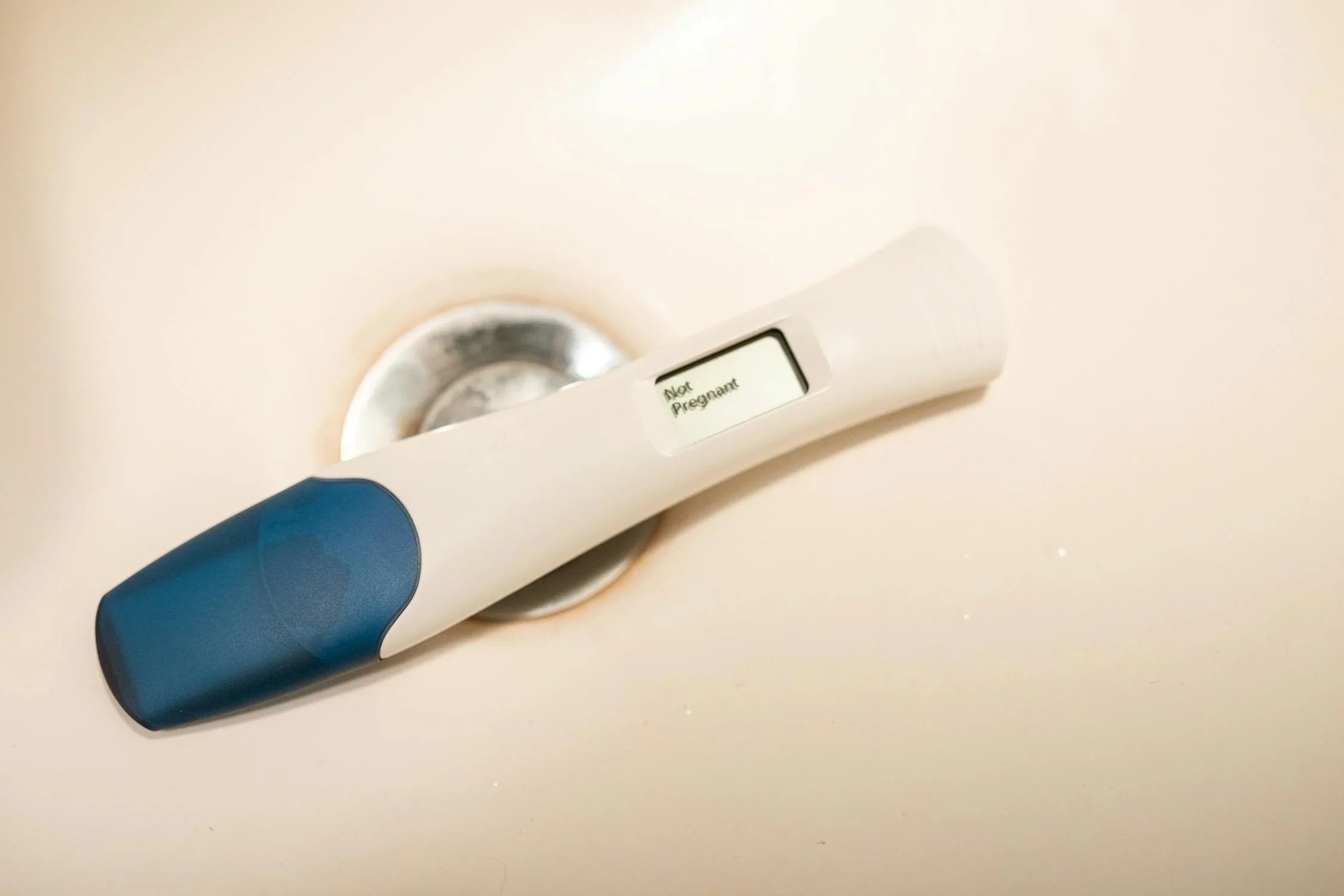Accueil
Pregnancy, Breastfeeding, and Pumping: The Ultimate Guide for Moms
How Early Can I Take a Pregnancy Test After Intercourse: A Comprehensive Guide

How Early Can I Take a Pregnancy Test After Intercourse: A Comprehensive Guide
When it comes to determining pregnancy, timing is everything. Many individuals wonder, 'How early can I take a pregnancy test after intercourse?' The answer lies in understanding the biological processes involved and the capabilities of modern pregnancy tests. This article will guide you through the science, timing, and best practices for accurate results.
Understanding the Basics of Pregnancy Testing
Pregnancy tests work by detecting the presence of human chorionic gonadotropin (hCG), a hormone produced by the placenta shortly after a fertilized egg attaches to the uterine lining. This hormone is crucial for maintaining pregnancy and is the key marker that pregnancy tests look for.
The Timeline: From Intercourse to Implantation
After intercourse, sperm can survive in the female reproductive tract for up to five days, waiting for an egg to fertilize. Once fertilization occurs, the fertilized egg, or zygote, begins its journey down the fallopian tube towards the uterus. This journey typically takes about 6-12 days. Upon reaching the uterus, the zygote implants itself into the uterine lining, a process known as implantation. It is only after implantation that the body starts producing hCG.
How Early Can You Test?
The earliest you can take a pregnancy test after intercourse depends on when implantation occurs. Since implantation can happen anywhere from 6 to 12 days after fertilization, the earliest you might detect hCG is around 8 to 10 days after intercourse. However, for most accurate results, it is recommended to wait until after you have missed your period, which is typically about 14 days after ovulation.
Types of Pregnancy Tests
There are two main types of pregnancy tests: urine tests and blood tests. Urine tests are the most common and can be done at home. They are convenient and provide quick results. Blood tests, on the other hand, are performed in a medical setting and can detect pregnancy earlier than urine tests, sometimes as early as 6 to 8 days after ovulation.
Factors Affecting Test Accuracy
Several factors can influence the accuracy of a pregnancy test. These include the sensitivity of the test, the timing of the test, and how the test is performed. Tests with higher sensitivity can detect lower levels of hCG, making them capable of providing earlier results. However, taking the test too early can result in a false negative, as hCG levels may not yet be high enough to detect.
Best Practices for Accurate Results
To ensure the most accurate results, follow these best practices: wait until after you have missed your period, use the first urine of the day (which is more concentrated), and carefully follow the instructions provided with the test. If you receive a negative result but still suspect you might be pregnant, wait a few days and test again.
Emotional Considerations
The process of waiting to take a pregnancy test can be emotionally taxing. It's important to manage stress and anxiety during this time. Engage in activities that help you relax and stay positive. Remember, no matter the result, you are not alone, and there are resources and support systems available to help you through this journey.
When to See a Healthcare Provider
If you have received a positive pregnancy test result, it is advisable to schedule an appointment with a healthcare provider to confirm the pregnancy and begin prenatal care. If you have concerns about fertility or have been trying to conceive without success, a healthcare provider can offer guidance and support.
Understanding how early you can take a pregnancy test after intercourse can help you plan and prepare for the next steps in your journey. By knowing the science behind pregnancy testing and following best practices, you can achieve accurate results and make informed decisions about your health and future.
Partager
